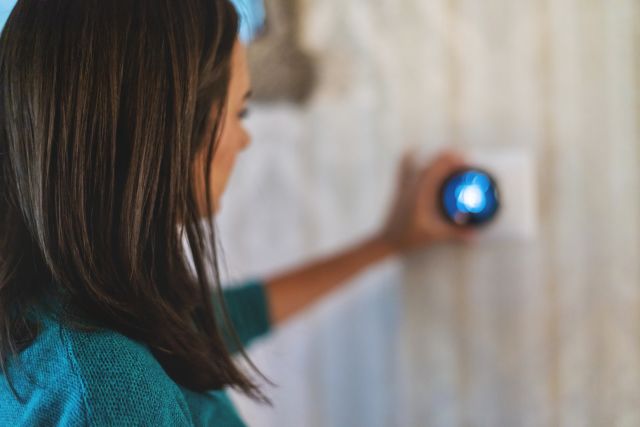Idiopathic hypersomnia (IH) is a rare neurological disorder that causes someone to sleep an excessive number of hours during the night but also experience excessive daytime sleepiness (EDS).
A person with IH may have difficulty waking and feel disoriented and groggy when waking. They may also have difficulty with concentration and memory, have low energy levels, and feel an overwhelming need to sleep during the day.
Treatment for IH often includes medications to improve alertness and medications to help improve the quality of deep sleep.
In addition to medications, treatment of IH may also involve making changes to daily habits and bedtime routines. These changes alone cannot treat IH, but they may improve how a person functions day to day, improve overall health, and help a person get more benefit from treatment.
Here, we’ll look at some daily strategies that people with IH may want to consider.
Be consistent
Wake up and go to bed at the same time every day. Keep this schedule the same on weekends and during vacations. Set an alarm (or multiple alarms!) to make sure you wake up—or have a friend call you if you struggle getting up in the morning.
Exercise
Going for a quick walk every morning can help you wake up and help you sleep better. If exercise hasn’t been a regular part of your routine, start slowly—take a 5-minute walk or spend 5 minutes on a stationary bicycle and work your way up to 15 to 20 minutes a day. Just remember that working out too close to bedtime may stimulate your brain and may interfere with the quality of sleep.
Eat healthy
Some foods can make you feel sleepy which may add to your daytime sleepiness. Talk to your healthcare provider about the foods you eat and the types of well-balanced meals that help you sustain energy during the day. Avoid eating too close to bedtime and try not to drink too much before bedtime—again, these can interfere with the quality of your sleep.
Avoid alcohol and caffeine
Even though alcohol might make you feel sleepy, it can interfere with how you sleep. Caffeine is a stimulant—so even if you drink it to help you stay awake during the day, make sure you don’t drink it in the evenings.
Limit screen time
We all like to scroll through social media or watch television before bed, but the blue light from screens can stimulate your brain and affect your sleep. Consider turning off all screens at least an hour before bedtime and pick up a book instead. If you need to use a screen, try using blue light glasses to filter out some of the light.
Keep your bedroom cool
Most healthcare experts recommend a bedroom temperature of 65 degrees Fahrenheit (or thereabouts). However, everyone is different—some require a cooler bedroom, some require a warmer bedroom, and you may need to experiment to dial in the best bedroom temperature for you. For most people, that range falls somewhere between 60 and 71 degrees.
Manage your stress
Worries can keep us awake at night, so it’s important to address anything that’s on your mind. Spend some time each night chatting with a loved one or jotting down your thoughts in a journal. You might consider doing some gentle stretching or meditation before bed to help you relax.
As someone living with IH, the most important thing you can do for your health is work with a healthcare provider, who can help you find ways to improve your sleep habits and get the most out of your treatment plan.






